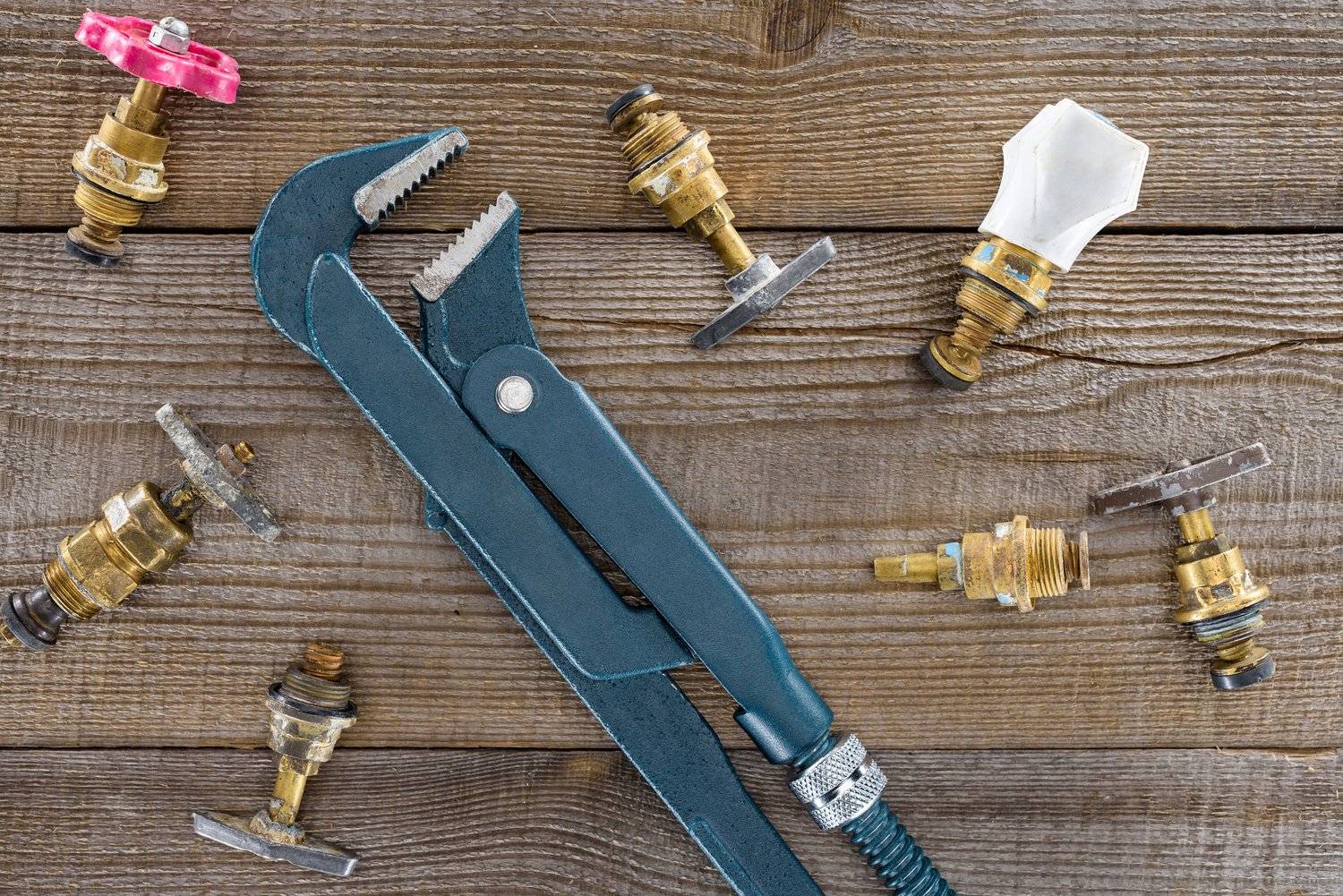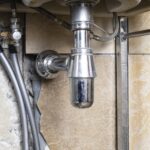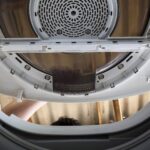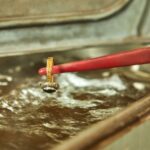Noisy water pipes can quickly disrupt the peaceful ambiance of your home, turning every faucet operation into an annoyance. Whether it’s the incessant hammering sounds or the subtle, yet persistent vibrations, understanding and addressing these issues is crucial. This article delves into the core reasons behind these disruptions and provides actionable solutions to help you restore calmness to your living space.
- Water Hammer Causes: Discover why the sudden stop or change in water flow results in pounding noises within pipes.
- Vibration Diagnosis: Learn how to trace vibrations back to loose fittings or improper water pressure, ensuring targeted fixes.
- Effective Solutions: From installing water hammer arrestors to securing loose pipes, explore practical methods to eliminate pipe noise.
- Preventive Maintenance: Uncover routine practices that can help prevent noisy pipes, ensuring long-term household tranquility.
Tackling these issues not only enhances the serenity of your home but also safeguards your plumbing system from potential damage. Dive into this guide to equip yourself with the knowledge needed to maintain a peaceful and efficient water system.
Understanding Hammering: Causes Behind Noisy Water Pipes
Noisy water pipes, often troubling to homeowners, are frequently the result of water hammer. Water hammer is a phenomenon that occurs when the flow of water inside a pipe is abruptly stopped or forced to change direction. This sudden change in water momentum generates pressure waves, leading to the characteristic hammering sound that resonates through your plumbing system.
The mechanics behind this disruptive sound involve the kinetic energy of moving water. When a valve closes quickly or there’s a directional change, this energy is not absorbed gently but instead results in a powerful jolt. Such abrupt shifts are particularly common in systems with fast-acting valves, such as dishwashers and washing machines. These appliances tend to exacerbate the occurrence of water hammer, forcing residents to seek effective solutions.
Understanding the causes of water hammer is crucial for effective plumbing troubleshooting. Recognizing these sounds and their origins can guide you in taking the essential steps to mitigate the issue. By learning more about how water hammer manifests, you can identify proactive measures to silence these loud disturbances.
Diagnosing Vibration Issues: Tracking Down the Source
Vibrations in your water pipes can be as annoying as they are troublesome. Usually, these vibrations are caused by loose fittings, excessive water pressure, or pipes that are not adequately secured. Each of these elements can contribute to an ongoing noise issue within your plumbing setup.
To diagnose the source of vibrations effectively, begin by checking your pipe fittings. Loose fittings can cause the pipes to rattle when water flows through them. Ensure all connections are secure and properly tightened to reduce the shaking.
Another important factor is your home’s water pressure. High water pressure can exacerbate vibrations, leading to more pronounced noise. Consider using a pressure gauge to measure your system’s water pressure. Ideally, it should be between 40 and 60 psi. If the pressure is higher, installing a pressure regulator might be necessary to mitigate the problem.
Poorly secured pipes often vibrate, causing noise throughout the home. Inspect visible pipes, especially in basements and crawl spaces, and make sure they are clipped or anchored securely to prevent movement.
By tracking down the source of the vibrations, you can implement precise solutions that tackle the root of the problem. This approach not only fixes current issues but also helps in maintaining a quieter and more efficient plumbing system over time.
Fixing Noisy Water Pipes: Solutions for Hammering and Vibration
Noisy water pipes are a common problem that can disrupt the peace in your home. Fortunately, there are practical methods to quiet down your plumbing system and prevent future issues.
One effective solution is to install water hammer arrestors. These devices are designed to cushion the sudden stop of water flow, thereby minimizing the hammering noise. You can easily attach them to your existing plumbing system, ensuring a more tranquil environment.
Securing loose pipes is another simple yet crucial step in addressing noisy pipes. Over time, pipes can become loose, leading to vibrations and sound disturbances. By inspecting and tightening the pipe fittings, you can significantly reduce these unwanted noises. Use pipe clamps or brackets to hold them firmly in place.
Another common cause of noisy pipes is high water pressure. Ensure your water pressure is set within the recommended range, typically between 40 to 60 psi. You can adjust this by installing a pressure-reducing valve. This not only reduces noise but also benefits the longevity of your plumbing system.
Implementing these solutions will not only remedy the current noise but also safeguard against future disruptions, ensuring a peaceful and efficient water system in your home.
Maintenance Tips to Prevent Noisy Water Pipes Reoccurrence
Routine maintenance plays a vital role in preventing the recurrence of hammering and vibrations in your plumbing system. By establishing a consistent maintenance routine, you can ensure silent and efficient water pipes.
Start by conducting regular inspections of your plumbing system. Check for any signs of wear, leaks, or loose fittings. Early detection and repair can prevent minor issues from escalating into major problems.
It’s essential to periodically clean your plumbing system to remove any debris or sediment buildup. This ensures smooth water flow and minimizes the risk of water hammering.
Testing and adjusting water pressure on a regular basis can also prevent noisy pipe issues. Make use of a pressure gauge to check if the water pressure is within the recommended range, adjusting when necessary.
Additionally, schedule a comprehensive system evaluation with a professional plumber at least once a year. Their expertise can identify underlying issues that may not be immediately visible.
By following these maintenance practices, you can avoid the recurrence of noise issues, ensuring your water pipes remain quiet and efficient for the long term.
Common Questions About Noisy Water Pipes
What causes water hammer?
Water hammer occurs due to sudden stops or changes in water flow direction in pipes, creating pressure waves.
How can I tell if vibrations are causing the noise?
Check for loose fittings or improperly secured pipes. High water pressure can also lead to vibrations.
What is a water hammer arrestor?
A water hammer arrestor is a device installed in plumbing systems to absorb shock waves that cause hammering.
Can adjusting water pressure help?
Yes, reducing water pressure can lessen vibrations and noise in pipes.
Are there maintenance practices to keep pipes silent?
- Regularly check for loose fittings
- Inspect pipes for secure mounting
- Monitor water pressure levels
Should I call a professional for persistent noise issues?
If DIY solutions fail, it’s wise to consult a plumber for a thorough inspection and repair.





